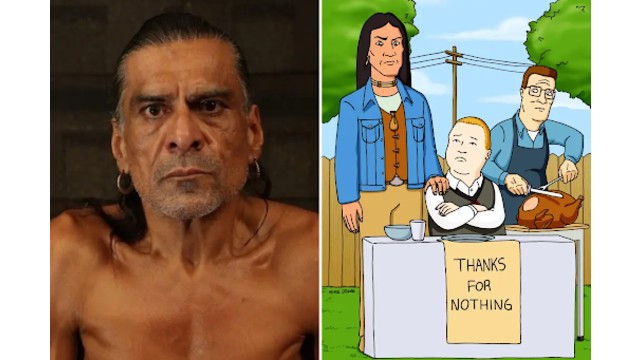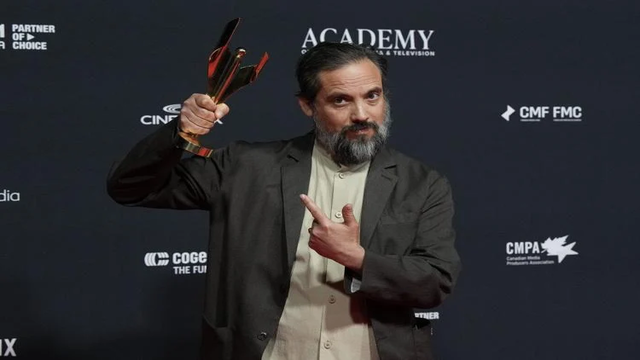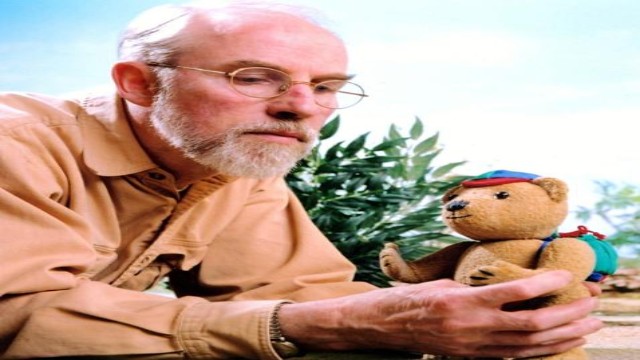
Bill Cobbs was seen at the TV Guide Magazine's 2012 Hot List Party held at Skybar in the Mondrian Hotel, West Hollywood, California, on November 12, 2012.
Bill Cobbs, the esteemed character actor known for his wise and comforting presence on screen, has died at the age of 90. His passing occurred on Tuesday at his residence in the Inland Empire, California, surrounded by loved ones, according to his publicist Chuck I. Jones. The cause of death is believed to be natural, Jones stated.
Throughout his illustrious career spanning decades, Cobbs left an indelible mark with over 200 film and television credits. Born in Cleveland, he made his film debut in 1974 with a brief role in "The Taking of Pelham One Two Three." He gained prominence in his later years, often portraying roles infused with profound wisdom and depth.
Cobbs graced both the big and small screens, appearing in iconic shows such as "The Sopranos," "The West Wing," and "Sesame Street." His filmography includes memorable performances as Whitney Houston's manager in "The Bodyguard" (1992), the enigmatic clock man in the Coen brothers' "The Hudsucker Proxy" (1994), and the father figure in "The Gregory Hines Show."
Despite not landing leading roles, Cobbs made a lasting impact with his ability to imbue even minor characters with authenticity and soul. His contributions were recognized with a Daytime Emmy Award for his role in "Dino Dana" in 2020, showcasing his versatility and talent.
Wendell Pierce, Cobbs' colleague from "I'll Fly Away" and "The Gregory Hines Show," paid tribute to him on social media, describing him as a mentor and an enduring presence in the acting community.
Born Wilbert Francisco Cobbs on June 16, 1934, he served in the U.S. Air Force for eight years after graduating high school. Following his military service, Cobbs pursued a career in car sales until a fateful encounter led him to the stage in 1969. He honed his craft in Cleveland theater before moving to New York, where he joined the esteemed Negro Ensemble Company, working alongside luminaries like Ossie Davis and Ruby Dee.
Reflecting on his career, Cobbs once expressed how acting became a way to convey the human experience, particularly during the Civil Rights Movement, when he found resonance in art as a form of expression and understanding.
"To be an artist, you have to have a sense of giving," Cobbs shared in a 2004 interview. "Art is somewhat of a prayer, isn't it? We respond to what we see around us and what we feel and how things affect us mentally and spiritually."
In his passing, Bill Cobbs leaves behind a legacy of warmth, wisdom, and dedication to his craft, touching the lives of audiences worldwide with his remarkable talent.















